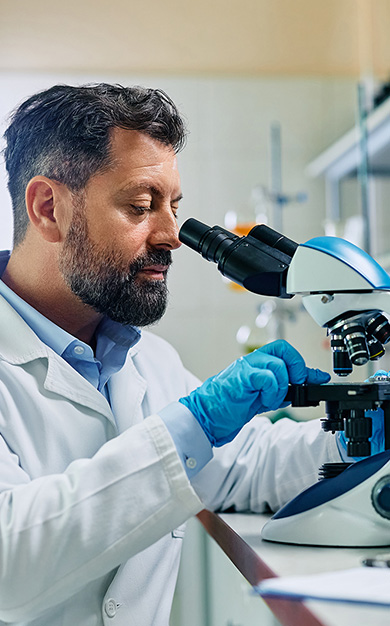Age-Related Macular Degeneration: A Patient-Centered Conversation
Featuring
Dr. William Li
The Angiogenesis Foundation
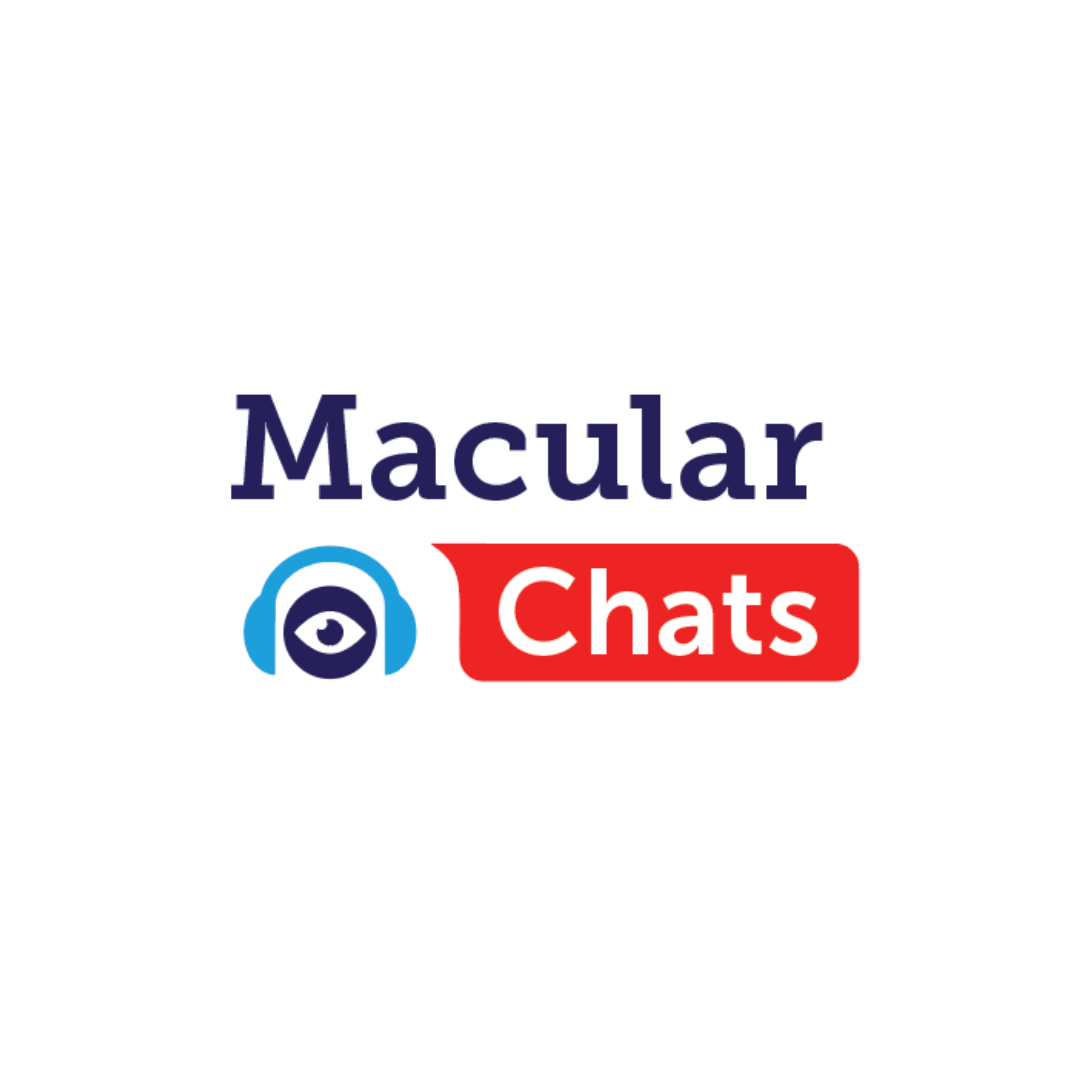

Dr. William Li
The Angiogenesis Foundation

The speaker was Dr. William Li, President of The Angiogenesis Foundation, and his guests: Leona, a person living with macular degeneration, and her daughter, Sharon, who provided their perspectives on managing this eye disease.
MICHAEL BUCKLEY: Hello, I am Michael Buckley from BrightFocus Foundation. Welcome to today’s BrightFocus Chat, “AMD: A Patient’s Perspective.” If this is your first time on a BrightFocus Chat, thank you and welcome. I’ll tell you briefly about what we do at BrightFocus and what we’ll do today.
BrightFocus Foundation is a nonprofit. We fund some of the top researchers in the world. We’re trying to find cures for macular degeneration, glaucoma, and Alzheimer’s. We share the latest news from these scientists with families that are impacted by these diseases. We have a number of free publications and plenty of materials on our website, www.BrightFocus.org, that offer tips for living with diseases like macular degeneration and tips for caregivers. BrightFocus Chats are another way of sharing this information.
Let me tell you about today’s BrightFocus Chat, “AMD: A Patient’s Perspective.” We’ve had an opportunity through BrightFocus Chats to hear from researchers, clinicians, social workers, and a range of people who have offered news from the research front, caregiving tips, or things to help [make] daily life a little more safe and independent. But today’s an exciting opportunity to hear first-hand from a patient with AMD and her caregiver, so I think it will be a great opportunity for all of us to get that patient and family perspective.
To get us started, we’re going to hear from Dr. William Li from the Angiogenesis Foundation. Dr. Li is the President and Chief Medical Officer, and he’s going to take a moment to tell us about his work and introduce our two special guests today. So, Dr. Li, thank you very much for joining us today
DR.LI: Great. Thank you very much, Michael. I’m Dr. William Li. I’m the President and Medical Director of the nonprofit Angiogenesis Foundation. We’re an organization that provides innovation to conquer and prevent diseases so that people can live healthier and longer lives. At the Angiogenesis Foundation, an important focus of our mission is to improve patient-centered outcomes when it comes to the treatment of diseases like cancer and chronic wounds from diabetes, and also for eye diseases. Vision loss is a very, very important topic to us. It’s high-interest because age-related macular degeneration, also called AMD, can now be effectively treated using injections that can stop unwanted and damaging blood vessels from growing in the eye. This is an area that we actually helped to make successful, called anti-angiogenic, or sometimes called anti-VEGF, or VEGF therapy.
A little bit about AMD from our perspective. Age-related macular degeneration is the leading cause of blindness in people over the age of 50, and it impacts as many as 11 million people in the United States. And so we should all be aware of this condition and all think about what we need to do to screen ourselves medically to make sure that we don’t have it, or if we have it, to be treated.
There are two forms of AMD. One is known as “wet,” the other one is called “dry,” and how this condition of AMD progresses can vary from patient to patient. But, ultimately, no matter what the form, it can lead to vision loss and even complete blindness, and it can impact the quality of life for people who have it: for example, making it very difficult to read or to drive or to watch television or to recognize your loved ones, to socialize–and also to live independently becomes more difficult.
Until 2006, there really were no truly effective treatments for AMD. But today the good news is that wet AMD is highly treatable with these groundbreaking medicines called anti-VEGF treatments. Now, doctors know these medicines by names like ranibizumab, which is also commonly known as Lucentis® or aflibercept, which is more commonly known as Eylea®, and there are other ones that are also being developed. These treatments all generally work by blocking the abnormal blood vessels from growing into the eye, and they’ve dramatically changed the prognosis for patients affected by AMD and it makes it possible not only to save vision, but in some cases to even reverse some of the lost vision, which is really remarkable.
For anybody who’s interested in learning more, I’d like to encourage you to visit our website at www.ScienceOfAMD.org for more information about AMD and how you can protect your vision. And the reason that I’m actually so enthusiastic about sharing our information is that the most encouraging information is that researchers are showing there’s even more room for improvement beyond what we are doing today, and that’s why the Angiogenesis Foundation recently convened a group of doctors, patients, advocates, caregivers, researchers, and other stakeholders for a day-long national summit in Cambridge, Massachusetts, to determine how we as a community can work together and better meet the needs of people who are living with this condition of wet AMD.
The shared goal that everybody had was to ensure that vision is preserved and for as long as possible, and it was during this summit that I had the great pleasure of meeting Leona, who’s been living with AMD for decades. She had a really unique perspective to share. And Sharon, Leona’s daughter, also joined us at the summit and she, like many people who are helping their parents navigate the world of AMD, also had some very exciting and important insights to be able to share that we were able to benefit from. So, we’re really excited to have them here today to share with us their wisdom and their experiences of grappling with the challenges of AMD.
MICHAEL BUCKLEY: Well, great. Thank you, Dr. Li, and I appreciate all you do. I think collectively organizations like yours and BrightFocus are really having an impact on research and caregiving, and I appreciate you being so generous with your time. Leona, I’d like to start with you. We’ll have a number of questions for you today, but I was wondering if you could just tell us a little bit about your experience with macular degeneration.
LEONA: Well, when I was diagnosed, I was still teaching—still working—and in the beginning just my ophthalmologist knew that I had AMD. It wasn’t evident to me but it became evident. I retired a few years after the diagnosis, still driving and living my normal life, but it slowly…not slowly enough, but slowly it became evident that I’d have to limit my activities. And now, so many years later, I am quite limited. I’m legally blind now, and of course, not doing many things, and actually, out living where I did because I was living where none of my family…all of my family had moved to other places. So, I followed my eldest daughter and I’m living in Maine now.
MICHAEL BUCKLEY: Thanks for that background, Leona. When the changes became more prominent and affected your day-to-day life, how did you react emotionally to those changes?
LEONA: Well, some small changes, I must say, I actually thought of as challenges and took them as interesting challenges, but many of the changes were quite depressing. And now, my limitations are not so much challenging as depressing, but I’m facing new ones all the time, which is kind of surprising.
MICHAEL BUCKLEY: I understand. One more question for you, Leona, about that. What was it like to share the diagnosis and these changes with your family and friends? How did you share the news and how did your family and friends react to that?
LEONA: Well, Sharon will speak to the family reaction. Most of the changes in all our lives fell first on me, I guess, and then Sharon because I moved to her community so that she can pick up the slack, which she does very well. But it’s interesting that my friends also rose to the challenge. They’re very helpful, and I find one of the things that is a real challenge now is eating. It’s really difficult to get the food neatly up to my mouth, though on my own or with very close friends, I eat with my fingers, I’m afraid I have to admit. And I have a friend who joins me in that because she thinks it’s fun.
MICHAEL BUCKLEY: Thank you. Sharon, I just wanted to turn to you. I know that your mom mentioned the role of family. How did you feel about these changes in your mother’s daily life and its impact on you? How did you respond to this when it first started developing?
SHARON: Well, I think when it first started developing, I feel like I kind of missed the import of it. I think maybe the doctors were careful as to how they presented it, and looking back on it, I would say that I maybe wasn’t as attentive to, “Oh my goodness, now we have to do a lot of things to make life—because life is going to change.” I think I missed a lot of that. I think it was a while before I realized how important it was to attend doctor appointments with her and to make some changes. So, the initial part, I feel like it seemed maybe more long-term, more gradual. I mean, now I know a whole lot more from living with Leona’s experience and from having attended that conference and the symposium in October at the Angiogenesis Foundation. But, it wasn’t a steep learning curve at the beginning, and I think it should have been for me.
MICHAEL BUCKLEY: That’s interesting. So, Sharon, if you could kind of expand on that. Do you have any advice for people that might be at the beginning of this journey as caregivers? Anything you’d like—if you could have a chance to talk to somebody at the very beginning of this as a caregiver—anything you’d like to impart to them?
SHARON: Yes. I would say very explicitly, “Go to every doctor’s appointment.” Attend every doctor’s visit, or get somebody to attend with the patient who can both take notes or record it, however you gather information. I tend to be a note-taker. But, have somebody there who can get the information from the doctor, who can ask the questions that the patient may forget to ask or be too anxious to ask or whatever. But, definitely, from the beginning—from the time somebody says, “I think this is what I’m seeing”—take it seriously.
MICHAEL BUCKLEY: I appreciate that. Leona, following up on your daughter’s comments, I’m wondering, what do you think helps patients best communicate with their doctor? What do you think, based on your experience, is key to a good doctor’s appointment?
LEONA: Well, one thing is to try to anticipate what might become difficult. Try to imagine some of the things you do every day or that you need to do to make your life comfortable. Try to picture it with limited vision, and if it’s going to be a problem trying to figure out compensations; behaviors and systems that change things. It’s not easy because you have to keep changing things because it’s a progressive disease. That complicates it, but it can be done. It’s many years now that I’m still living independently with a lot of help. I’m not independent of all help, but I manage on my own.
MICHAEL BUCKLEY: Thank you. And Leona, one more question on that. You say you’re able to live on your own. Have you had to make physical type of changes or adaptations around your house or your apartment in order to continue to live independently?
LEONA: Oh, yes, many, many things. Well, many things in my house now are labeled with giant magic marker symbols so that I know—for example, some things in the freezer, a lot of things in the freezer, and cans of soups. So, I know that not every meal is a surprise.
MICHAEL BUCKLEY: Yeah. And I believe you said that you, at some point, had to retire from driving. I was wondering: what was that change like for you?
LEONA: That was a downer. Driving was, as for many people, I guess most people, was the way that I was independent, spontaneous, and capable. I liked driving, and I liked even the long- distance drives. Before I lived in Maine, I lived in Connecticut and spent many weekends driving up to Maine to visit Sharon.
MICHAEL BUCKLEY: Yeah, that’s a big change. And Sharon, I know that the driving question certainly affects all generations in the family and can sometimes be a little challenging. I was wondering, Sharon, did you have conversations with family members? How did the driving situation evolve? What was your perspective on that?
SHARON: Well, we were lucky, and because I’ve had friends who have had this as a crisis with an older parent who was not capable for one reason or another of driving anymore but was unwilling to surrender that activity. I may have had a couple of conversations with my siblings, but I’m not sure that I did because I kind of watched Leona. I mean, it was, to my great gratitude, watching Leona slowly and gradually restrict her driving. You know, go only during the day and only short distances and then make the decision, which I knew was very difficult for her, but she made the decision on her own. I don’t remember—she could maybe correct me, but I don’t remember that she and I ever had one of those painful conversations with me saying, “Do you think it’s time for you to stop driving?” I think she did it on her own in plenty of time before there was nothing. There weren’t any accidents. And, even at the time, I knew how fortunate I was that she had made that decision because, as I say, I’ve watched other people go through that with their families, and it’s painful for both parties.
MICHAEL BUCKLEY: I appreciate your perspectives. It sounds like you had the best possible outcome for what you said is a very difficult situation. Leona, one of our listeners has a question for you. Colleen from Ontario was wondering if you have received injections in the eye and if, yes, are they painful?
LEONA: Yes. I did receive them and when I received them, the painful part—the most painful part of the injections, perhaps the only painful part—was that at that time they were still using, I believe, an iodine mixture as an antiseptic, and that stung. It was terrible. And that was in preparation, just before the injection. But no, the injections themselves, to my recollection, were not painful, but I believe it’s because there’s an analgesic that is administered first. And in the course of my having injections, since I was one of the first or early patients getting the injections, I had treatments and procedures that I think have been updated. But I don’t think that reluctance to getting injections should keep you from getting them. They’re very helpful and we’re very lucky now to have them.
MICHAEL BUCKLEY: I agree. And I was wondering, as far as medicine and technology continue to improve, Leona, are there specific devices or lighting or magnifying glasses or types of vision therapies? Are there things that have helped your day-to-day life?
LEONA: Yes. There’s technology that’s trying to keep up with the needs, and in the course of my procedures through this journey, such as it is, I’ve used all kinds of magnifiers that are very helpful for as long as that makes it possible for you to recognize letters and to read. I was fortunate enough to have acquired a reading machine. You might have seen those in your public library. They’re very helpful. So, yes, I’ve used a lot of technology, and I’ve had help from a local agency here—the Iris Network—which has a mission to help with vision problems, and they’ve put markers on things in my apartment that help. I did use the daylight lights for a while; that made a big difference. It’s a changing situation, but at each stage there was something that helped.
SHARON: Could I add something?
MICHAEL BUCKLEY: Sure, Sharon.
SHARON: And one of the things that the Iris Network did was give Leona mobility training. When she moved here, we would walk downtown, and I realized I had no way of helping her figure out where the marks were, where the lights were, and how to figure out how to cross the street. I could walk with her and keep her safe, but I couldn’t teach her anything because I’m not a mobility trainer. So, the Iris Network had occupational therapists and mobility training, and that was enormously helpful in keeping her independent so that she can leave her apartment in good weather, when we have good weather, and walk downtown. And she can say more about it. She still needs some help at corners, at intersections, but they provided a lot of services.
MICHAEL BUCKLEY: That’s great, and I’ll ask more about that in a moment. I think, what both of you mentioned is important about asking for help and services in your community. So Leona, from a patient’s perspective, do you have any advice for people living with AMD how to best ask for help with family members or others in their community?
LEONA: One thing that’s important to remember if you’re an AMD patient is that it’s not an evident problem—nobody can tell by looking at you that you’re having trouble with vision. So, however you let people know, it’s important to let people know that you don’t see things as clearly as you would like or that you need help finding the railing on the stairs or a door handle or whatever it is. It’s important, if you can, to identify yourself as being grateful for help, and I’m very fortunate to have moved to Portland, where there are so many people who are helpful.
MICHAEL BUCKLEY: That’s great. We hear people feel some sort of stigma or feel a little uncomfortable admitting that something is challenging or the aging process. It sounds like you’ve had a very positive experience. Sharon, what’s been your perspective about, even as a caregiver, asking for help? And how has that gone?
SHARON: I think Leona’s been most of the time pretty explicit about what she needs. Every so often, I’m getting it, but for the most part I think the more explicit she can be—my experience working with my mother is that for the most part that whole issue of, “I don’t want to ask for help, I don’t want to admit I need help,” has not been as much of an issue as it can be. I think for the most part she’s been open about, “I really need you to do this for me.” But I get it. There are certainly times that that can be an issue for anybody, and I think there are times that I probably don’t ask directly enough, “Do you need help with that, or do you want me not to help you with that, do you want me to step back and let you do that independently?” But luckily, we live in a community where this network—the Iris Network—has been very helpful, and I’m not sure…I think they were the ones who connected Leona with the Department of Labor Division for the Blind and Visually Impaired, and they’ve provided some services. But I don’t know that I have specific advice for people in other communities about how to ask for or how to find those services.
MICHAEL BUCKLEY: Sure. I understand. And Sharon, I’ve always felt that the caregivers are the unappreciated, and often are unnoticed and unappreciated. From your experience, Sharon, what can the family members or co-workers or bosses or neighbors of a caregiver do to support what you go through? You mentioned all these things you do for your mother. Are there things that people can do for you?
SHARON: That’s a good question. I guess for me the only thing I need, which I feel I get from both my friends and the rest of our family, is acknowledgement and somebody—a sibling who lives away saying, “I’m coming for the weekend; do you want to take the weekend off, do you want to go off and just play for a weekend?” Usually, I say no. I’d just as soon spend the time with my mother and my sister or brother who’s here visiting. I feel like Leona and I are pretty fortunate in being able to manage most of the tasks that she needs done and she can still afford to have help—some paid assistance—that I don’t need a lot of the concrete things done. You know, the sort of mundane tasks done for me or for her. But again, I feel like that’s because of our particular situation. Leona has a good network here, and I think most of what she needs that somebody else can do gets done.
MICHAEL BUCKLEY: Okay. That’s good to hear. Now, kind of related to that, Leona, are there things that you feel that a doctor’s office or a clinician’s office can do to better inform or assist an AMD patient and their family? Anything that you feel that doctor’s offices could do better?
LEONA: Yes. I have a very strong recommendation that there be a social worker or clinical psychologist or someone in that field who can help with counseling, because I think, as Sharon said, we’re pretty lucky and when we do get pushed to the edge—either one of us—we can just say it and that takes care of a cranky comment or whatever. But I think it’s—it would be very easy to have a lot of serious problems if you’re suddenly thrust into this caregiving role. Sharon’s pretty good about it, and I try to cooperate as much as I can. But, it’s hard, and I think admitting that it’s difficult and that you want to solve problems before they start would be a great help.
MICHAEL BUCKLEY: Well, that is great.
SHARON: Could I add that when Leona first said that, I thought that really is a concrete and really useful suggestion for any doctor who’s dealing with patients with AMD. Because the doctor’s expertise, obviously, is medical, but as I’ve looked back over Leona’s history and the anxiety and the depression, the doctor can’t necessarily deal with that. But because that diagnosis is likely to engender either or both of those, I think all practices would benefit from having either a social worker or a psychologist on-staff.
MICHAEL BUCKLEY: Oh, I think that’s a great point that both of you made. And I mentioned at the outcome of the call that BrightFocus has a number of materials on our website, www.BrightFocus.org, that are helpful. Obviously it can’t take the place of the great services that you mentioned, but if it increases your knowledge a little bit, then that’s good.
And so, Leona and Sharon, as we come toward the end of our time together today, I was wondering, Leona, when you look back at your journey, is there anything particular that you’re most proud of? Something that you thought was going to be very difficult but you find yourself doing okay with?
LEONA: Yes, but before I talk about something I’m proud of, I would like to make a suggestion that’s unfortunately an example of something I did that was a big mistake. I misread the symptom partway through this odyssey, and I didn’t get to my eye doctor right away, thinking that the graying of my vision was from cataracts, rather than being a sign of my macular degeneration having gone from dry to wet, and I was having a bleed. And by the time I got to an appointment, you know, I had lost some more vision. Who knows, but it might have been prevented.
MICHAEL BUCKLEY: Yeah.
LEONA: So, I encourage, even if you don’t want to be one of those patients who calls with every symptom, I encourage you to be one.
MICHAEL BUCKLEY: Leona, that’s great advice for all of us. And so, in this journey, is there something you’ve done well? In your experience living with AMD, is there anything particular that you feel has been an accomplishment that maybe has gone better than maybe you had feared?
LEONA: Well, it’s funny. There are little accomplishments, like being able to put a plug into a wall socket: I can spend quite a bit of time trying to do that, and I’m very pleased when I do it. And I’m still cooking and doing some household tasks myself, operating the laundry machines and whatnot, and all of those are—I mean, I guess my advice would be, hold onto whatever. You just have to be patient. I have learned that I can’t do things as nearly as quickly as I used to, but to do them at all is still a triumph, so that’s where I am now.
MICHAEL BUCKLEY: Well, thank you. And Sharon, I have a last question for you. How is your experience as a caregiver? Has that changed you as a person or your perspective on life and its challenges?
SHARON: Well, I hope it has. I hope I’m also more patient. It’s very different from what I expected, I guess, because in some ways I don’t have to be the parent, but I have to do things for my mother that she used to not only do for herself but do for me. So yeah, it does change. I guess it changes your perspective in ways that are kind of—I’m not sure I can even articulate them. But it does. I guess it makes me face aging. And there have been other challenges in my life, but as you face aging—my mother’s aging, my own aging—those are all big things to grapple with, and because Leona’s right here and I’m doing, managing her checkbook or whatever, there’s no denial.
MICHAEL BUCKLEY: Yeah. It’s a great point, and I just want to thank the two of you for your openness and your candor and a lot of very specific advice that will help persons living with AMD and their caregivers. I really appreciate your generosity of your time and the generosity of your helpful tips to help families.
So once again, thank you very much to Leona, Sharon, and Dr. Li, and to the Angiogenesis Foundation for being such great partners in helping to educate and inform families that are impacted by this disease. I really think that Sharon, Leona, and Dr. Li gave some great advice and some good suggestions and definitely some peace of mind. So, on behalf of the BrightFocus Foundation, I just want to thank everybody for joining us today and we will talk to you next month. Thank you.


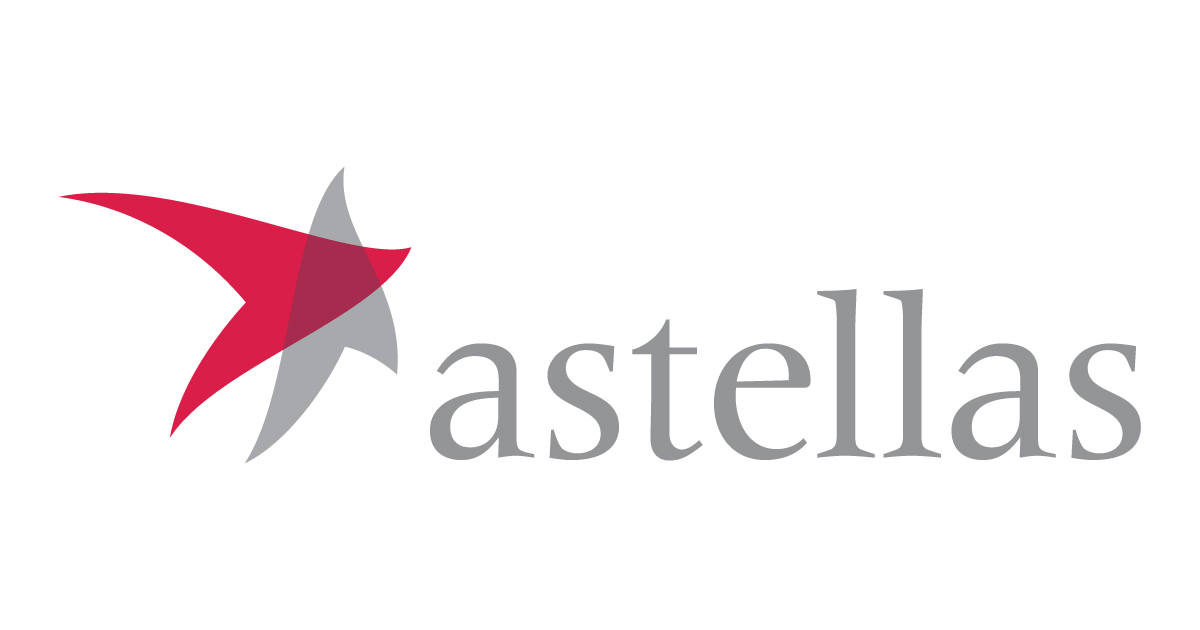


BrightFocus Foundation is a premier global nonprofit funder of research to defeat Alzheimer’s, macular degeneration, and glaucoma. Since its inception more than 50 years ago, BrightFocus and its flagship research programs—Alzheimer’s Disease Research, Macular Degeneration Research, and National Glaucoma Research—has awarded more than $300 million in research grants to scientists around the world, catalyzing thousands of scientific breakthroughs, life-enhancing treatments, and diagnostic tools. We also share the latest research findings, expert information, and resources to empower the millions impacted by these devastating diseases. Learn more at brightfocus.org.
Disclaimer: The information provided here is a public service of BrightFocus Foundation and is not intended to constitute medical advice. Please consult your physician for personalized medical, dietary, and/or exercise advice. Any medications or supplements should only be taken under medical supervision. BrightFocus Foundation does not endorse any medical products or therapies.
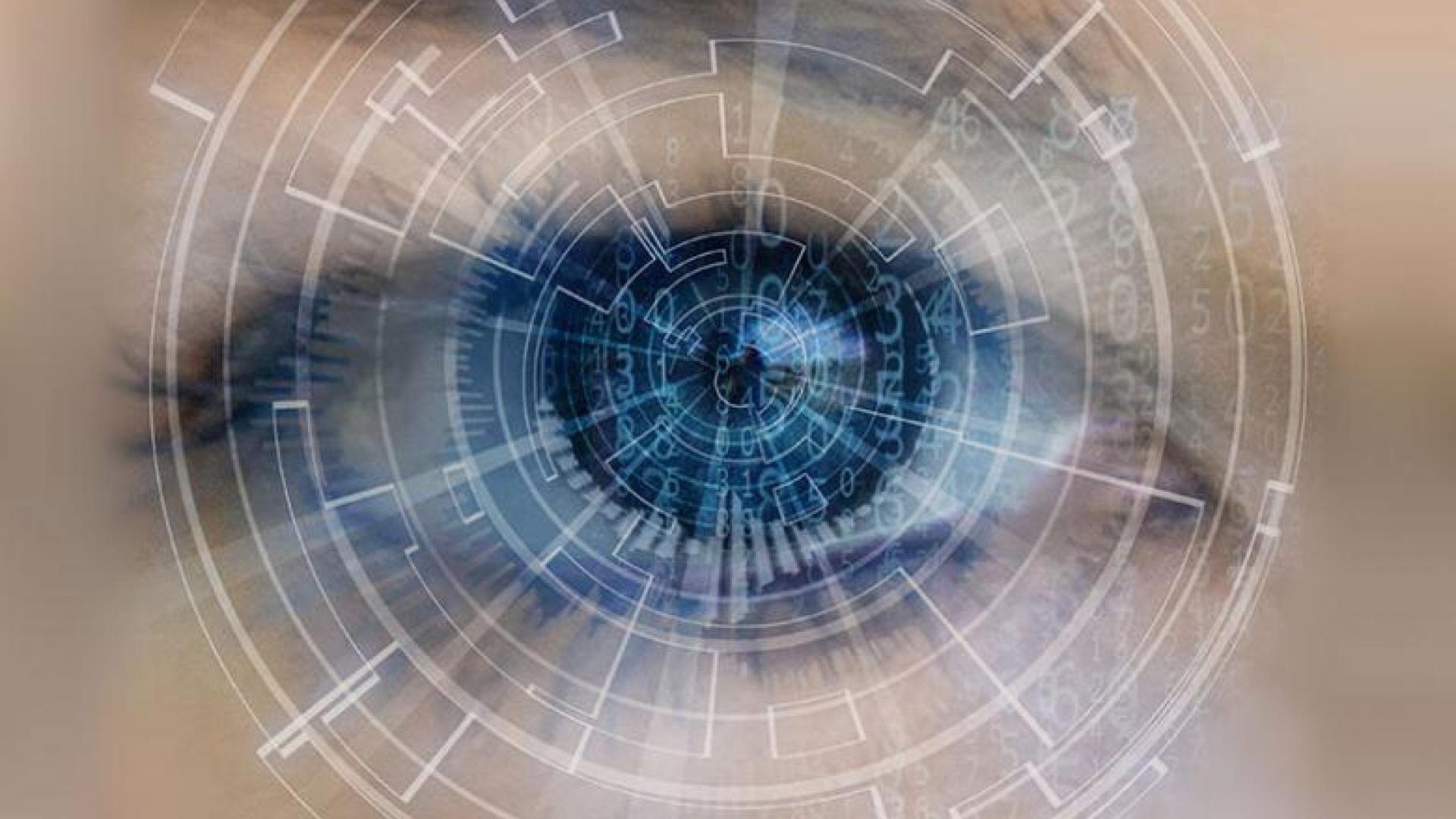
In this Macular Chats episode, we break down the different types of implants in development and look ahead to what’s next in the research pipeline.
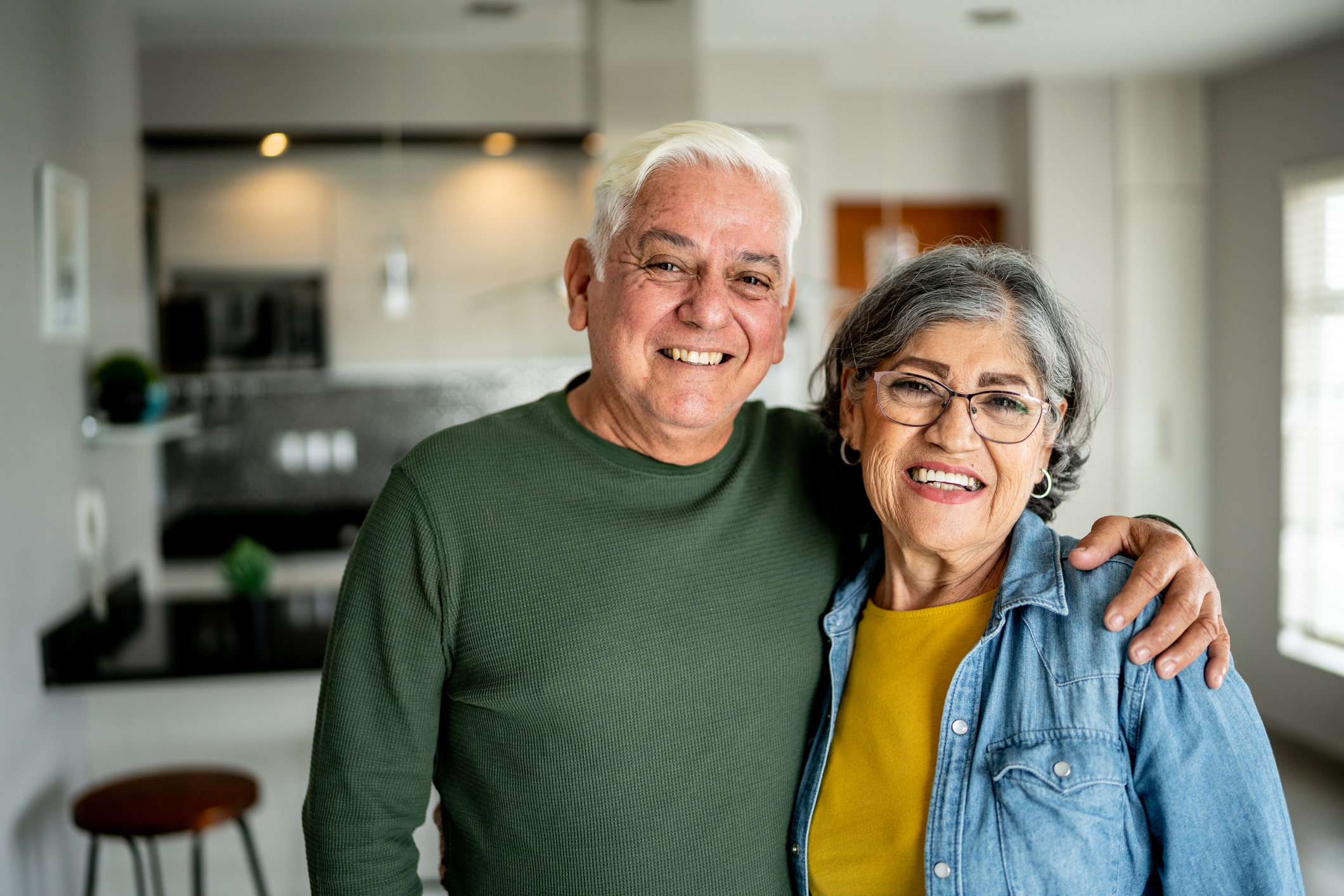
In recognition of National Caregivers Month, this episode explores the vital role of those who support individuals living with vision loss—whether family members, professionals, or volunteers.
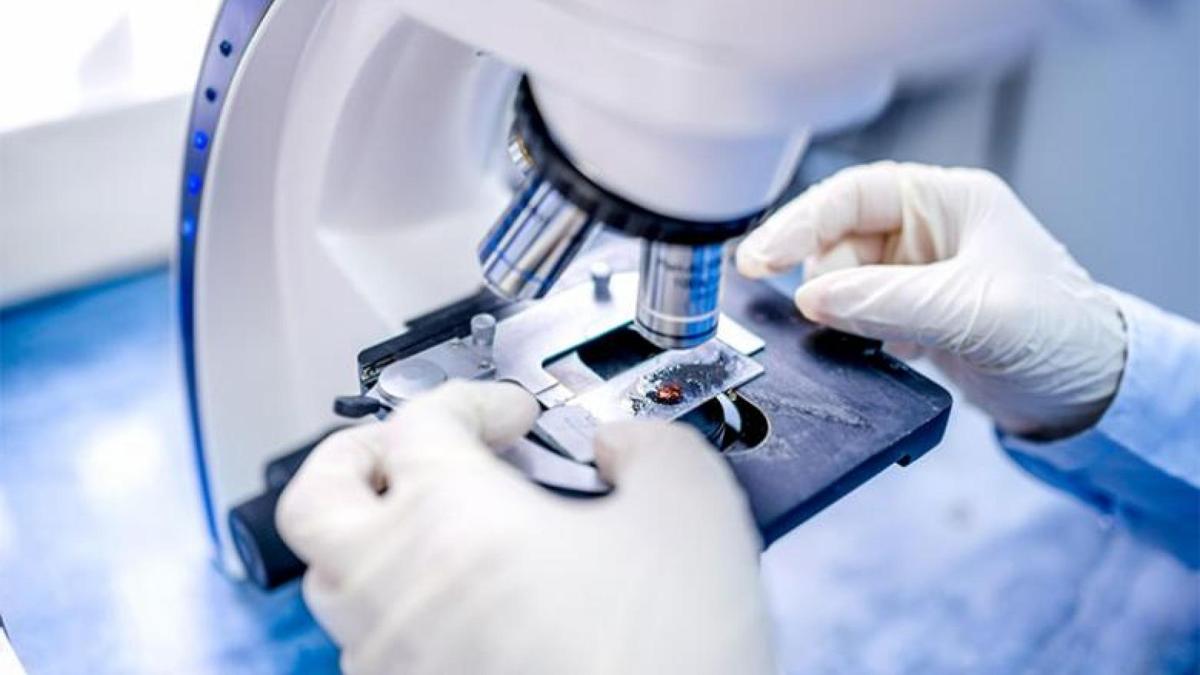
Dr. Jeffrey Stern and Dr. Sally Temple, Principal Investigators and Co-Founders of the Neural Stem Cell Institute, will explain what stem cells are and share the latest updates from clinical trials.
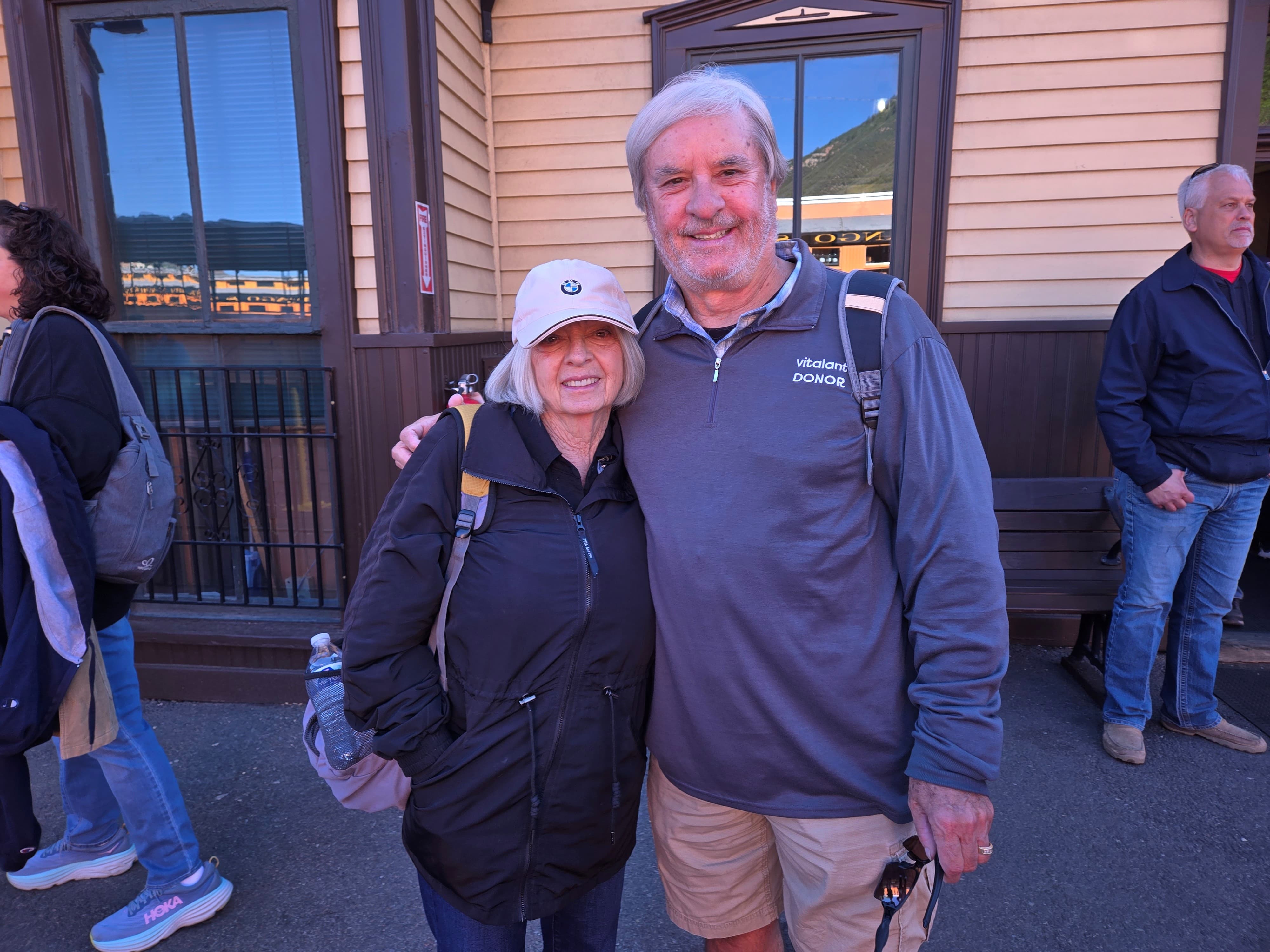
Dave and Leanna Palmer share their commitment to supporting Macular Degeneration Research.
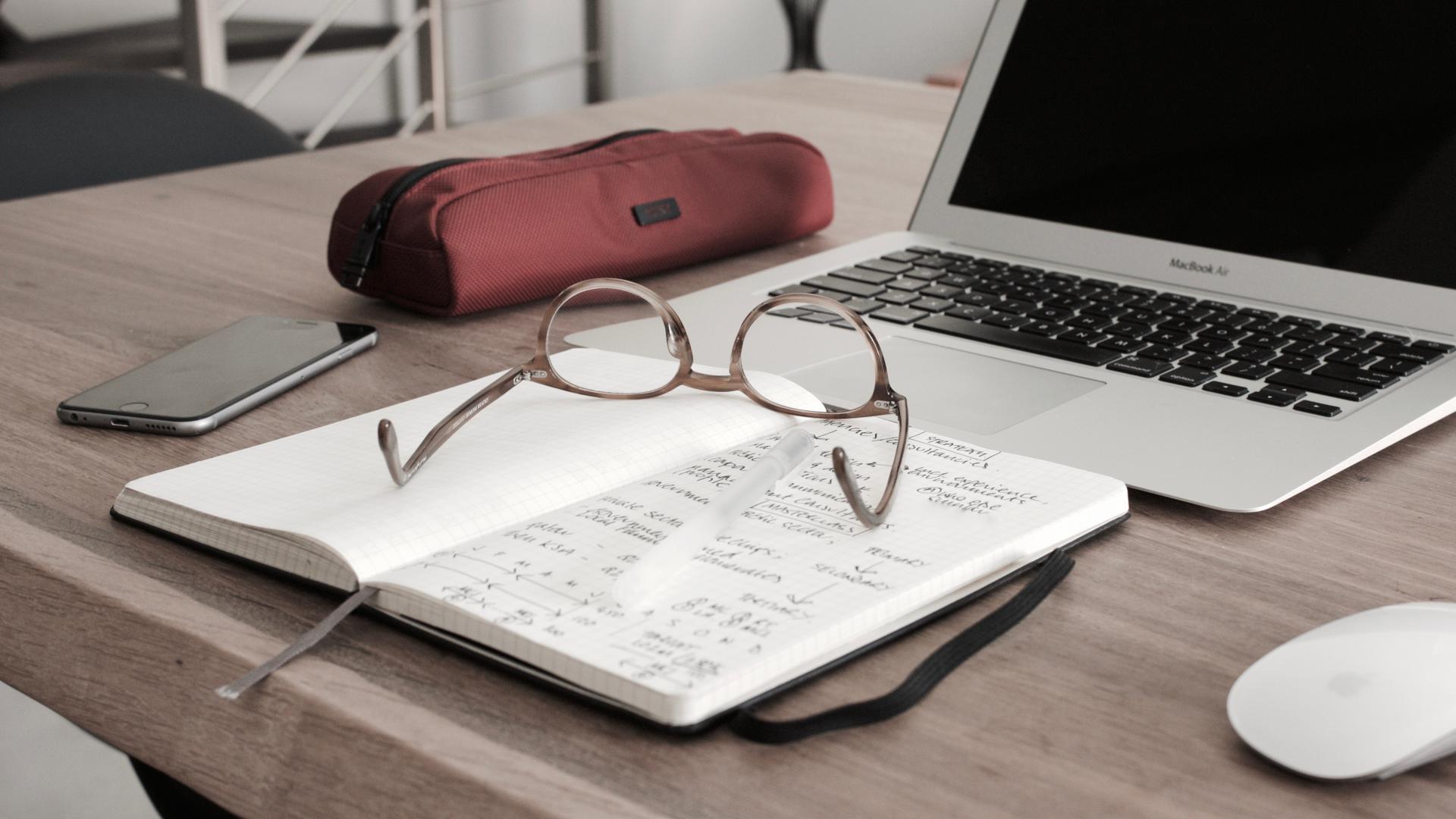
Resources and information that provide products, services, and other support for people with macular degeneration and their families.
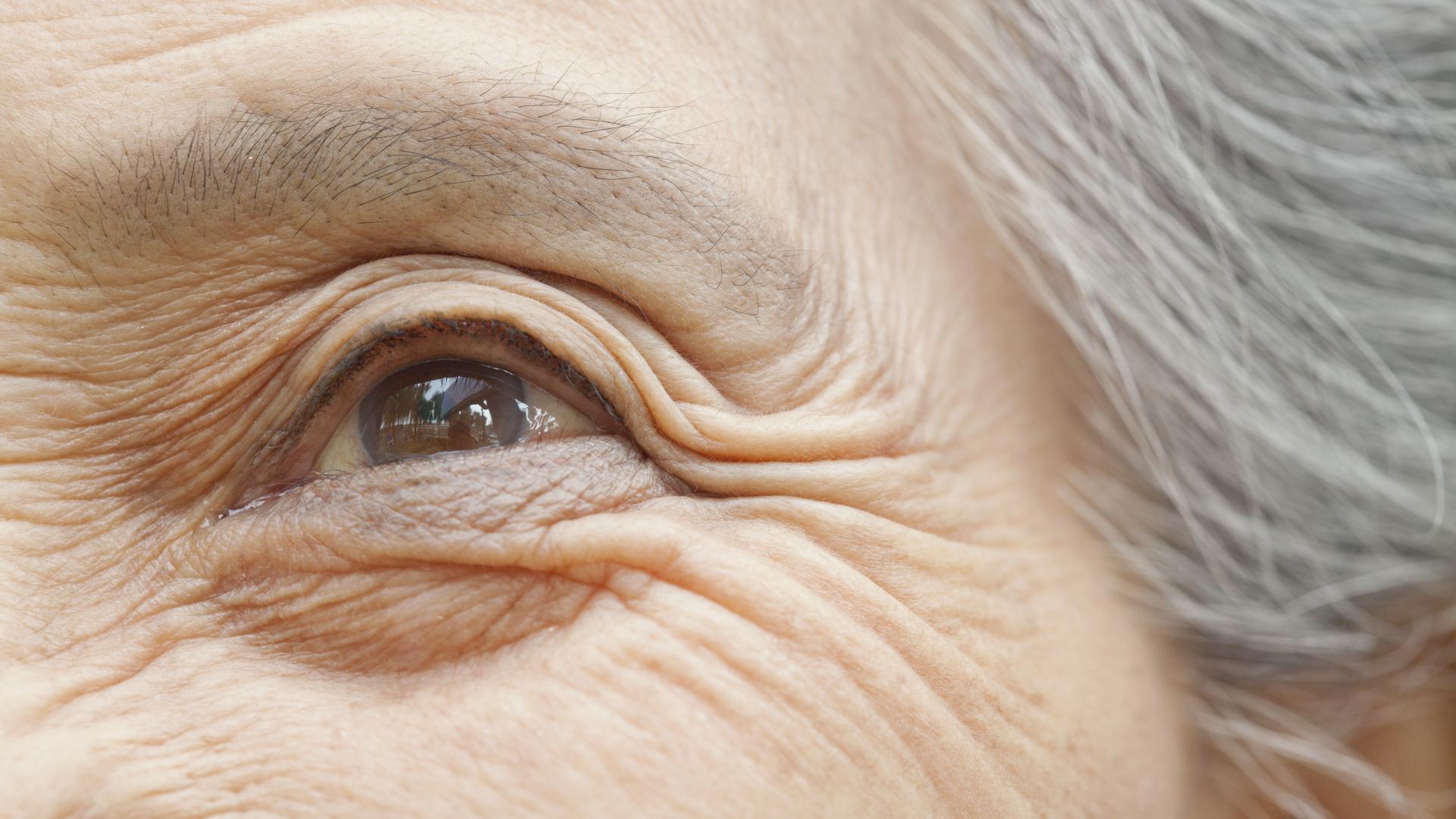
Join Dr. Sara Fard, a retina specialist at Illinois Retina Associates, as she explains the benefits of sustained GA treatment, including slowing the rate of vision loss, protecting retinal tissue, and supporting daily visual function.
Help Fight Macular Degeneration and Save Sight
Your donation helps fund critical research to bring us closer to a cure for this sight-stealing disease and provide vital information to the public.
Donate Today